SUMMER 2022
MIT SCHOOL OF HUMANITIES, ARTS, AND SOCIAL SCIENCES
SUBSCRIBE
SUMMER READING
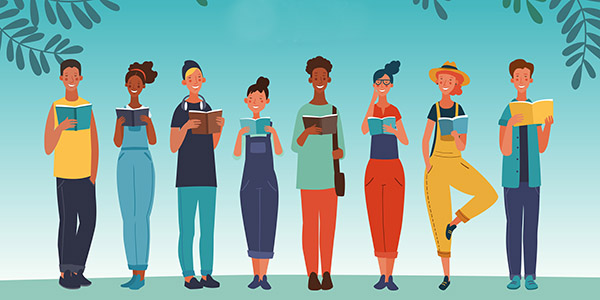
RECENT BOOKS
Books to brighten up your summer
Enjoy recent works from MIT this summer, including works by SHASS faculty and staff members David Autor, Deborah Blum, Eugenie Brinkema, Isabelle de Cortivron, D. Fox Harrell, Stefan Helmreich, Heather Hendershot, Diana Henderson, Evan Lieberman, Alan Lightman, David Mindell, Shigeru Miyagawa, Vipin Narang, Tanalís Padilla, Paul Roquet, Edward Schiappa, Ashley Smart, John Tirman, Lily Tsai, and Tom Zeller Jr.
Annotated Reading List | Recommended books available via MIT Libraries
RECENT WORKS AND RESEARCH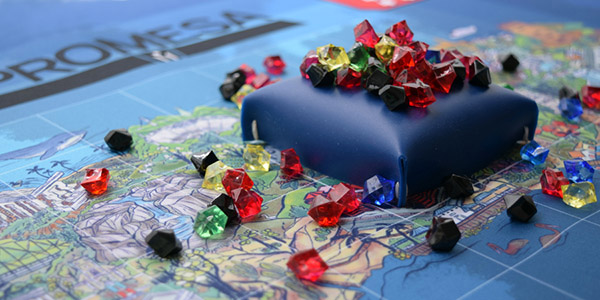
Promesa game board; photo by Heidi Erickson, MIT CAST
COMPARATIVE MEDIA STUDIES
Promesa board game highlights colonized experience | Mikael Jakobsson, Rosa Guerra
Departing from games that glorify European conquest, Promesa helps players understand Puerto Rico as a modern-day colony. Jakobsson and Guerra prototype a board game about the government act that turned management of the country's finances over to American lawmakers.
Story by Anya Ventura, Arts at MIT | Project Websection: Promesa
MIT MUSIC + MIT UROP
MIT UROP team animates music by acclaimed composer Elena Ruehr
MIT undergraduates created the character design, storyboarding, and animation for a video animation of "Spider Swing," the first movement of Ruehr's eighth string quartet. Ruehr, who wrote the basic story, envisioned the music for both children and adults.
More + Watch the Video
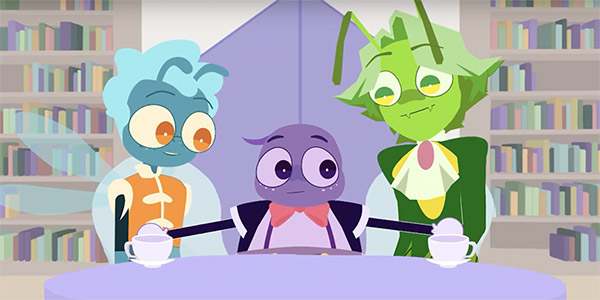
Still from the "Spider Swing" video animation
MIT ELECTION LAB
Study: Access to voting after the 2020 election | Christina James, Charles Stewart III
In a new paper, James and Stewart test two hypotheses — a partisan hypothesis and an electoral threat hypothesis — to explain the enactment of new election laws that either restrict or expand voting access in U.S. states in the aftermath of the 2020 election.
Read the paper at SSRN
ECONOMICS
Economists weigh a new approach to unemployment insurance | Jonathan Gruber
Study suggests that automatically starting benefits at the outset of a recession would remove uncertainty for workers. "You resolve uncertainty," Gruber says, "and it wouldn’t cost much more than the existing system because Congress extends benefits anyway." He adds that this is an example of how the economics field uses modeling tools "to speak directly to policymakers.”
Story by Peter Dizikes, for MIT News
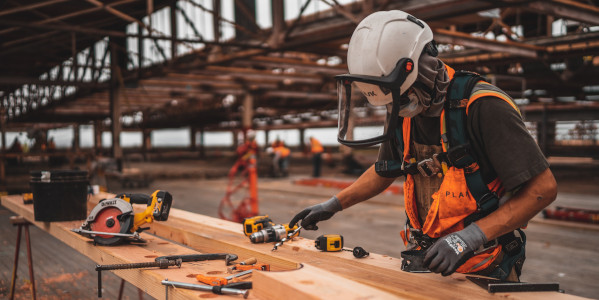
Photo via Unsplash
MIT GOVERNANCE LAB | POLITICAL SCIENCE
GOV/LAB introduces engaged scholarship model
MIT GOV/LAB is a research group/innovation incubator changing practices around corruption, government accountability, and citizen voice. The mission includes engaged scholarship, defined as rigorous research co-created with practitioner organizations, thus increasing the probability that the insights will be used.
About the model
AN EXTRAORDINARY COMMITMENT
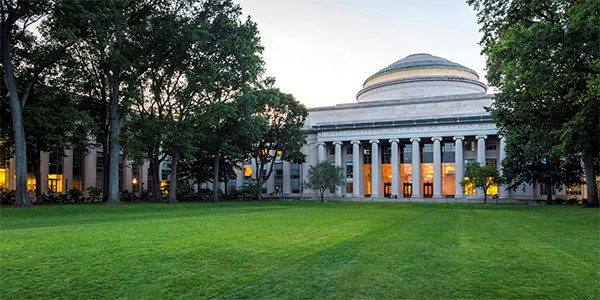
Photo via iStock
MIT SHASS FACULTY
Honoring SHASS faculty leaders
Each year, many members of the MIT SHASS faculty give generously of their time to serve on Institute-level committees that help guide MIT as a whole. Leadership roles on Institute-level committees are an especially significant investment of mindspace, time, and creative energy — layered over a faculty member's ongoing, deep commitments to teaching and research. Please join us in recognizing and celebrating the dedication of these extraordinary MIT citizens.
Gallery
MEET OUR STUDENTS
A businesss of hope and transformation | Milain Fayulu
Fayulu, entrepreneur and political science master's student, builds brands to bring change to the Democratic Republic of Congo. His enterprise partners with the Panzi Hospital of Nobel laureate Dr. Denis Mukwege to provide patients with both economic opportunities and steps towards self-sufficiency.
Story by Leda Zimmerman
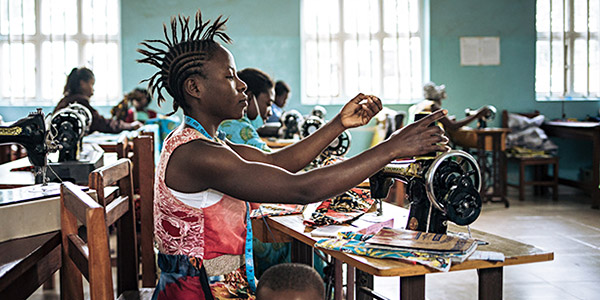
Photo by Alexis Huguet
Fayulu’s thesis investigates how U.S. venture capital investment in Africa has concentrated in just a handful of nations (Nigeria and South Africa top the list). He hypothesizes that the presence of students from these nations in elite American colleges has created an invaluable financial network for African businesses.
MAKING A JUST, LIVABLE FUTURE

Aerial view of the Hudson River looking south; image via Howard Kingsnorth/Getty
UNDARK MAGAZINE | KNIGHT SCIENCE JOURNALISM AT MIT
On the Hudson River: a new model of environmental stewardship
The languishing waterway offers an indispensable lesson for scientists: environmental problems are human problems.
Story by Jonathan Kramer in Undark Magazine
ECONOMICS
Study: Trade can worsen income inequality | Dave Donaldson, Arnaud Costinot
Economists studying individual income data in Ecuador found that international trade generates income gains that are about 7 percent greater for those at the 90th income percentile, compared to those of median income, and up to 11 percent greater for the top percentile of income. The authors list many other countries to which their methods could be applied.
Story by Peter Dizikes, MIT News | Paper
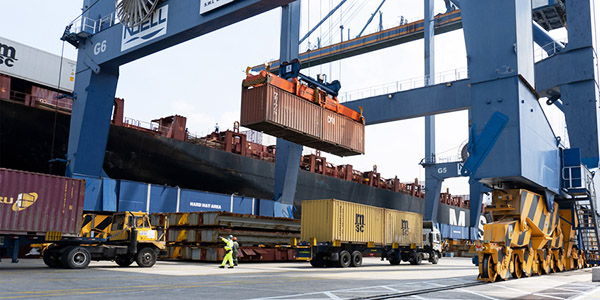
ABDUL LATIF JAMEEL POVERTY ACTION LAB
Policing in patriarchy | Sandip Sukhtankar and colleagues
Watch a Q&A with Sandip Sukhtankar on his new paper in Science, exploring an experimental evaluation of reforms to improve police responsiveness to women in India.
Video Q&A | Paper in Science
ANTHROPOLOGY
A powerful way to imagine the future | Christine Walley, Chris Boebel
The Southeast Chicago Archive and Storytelling Project features materials donated to the Southeast Chicago Historical Museum by people who settled in this former steel mill region. In this article, MIT project leaders show how saved objects and the stories about them serve as a powerful way for people to imagine their future.
Article
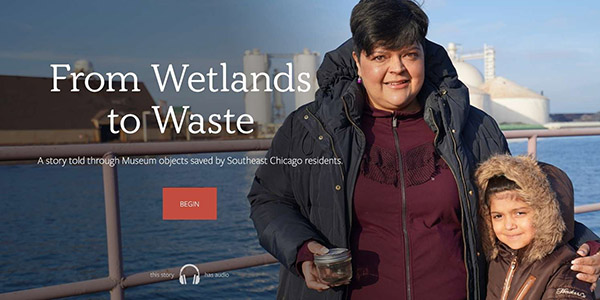
SE Chicago leader Olga Bautista with her daughter; Bautista holds a jar of petcoke, an environmental pollutant.
INTERNATIONAL
POLITICAL SCIENCE
When politics is local in the Middle East | Fotini Christia and colleagues
The split between the Shia and Sunni sects of Islam is often described as a transnational matter, but an on-the-ground survey of Shiite Muslims reveals that sectarian identity is often intertwined with domestic politics and shaped in connection with local social interactions.
Story by Peter Dizikes, MIT News | Paper | Fotini Christia
CENTER FOR INTERNATIONAL STUDIES + SECURITY STUDIES PROGRAM
Clearinghouse: analysis + research about the war in Ukraine
The implications and consequences of the Russian assault on Ukraine will be felt for years. MIT CIS and SSP are closely involved via analysis, advice, and informing the public with regular updates.
Clearinghouse: Analysis + Research | Historian Elizabeth Wood: The ghosts of history
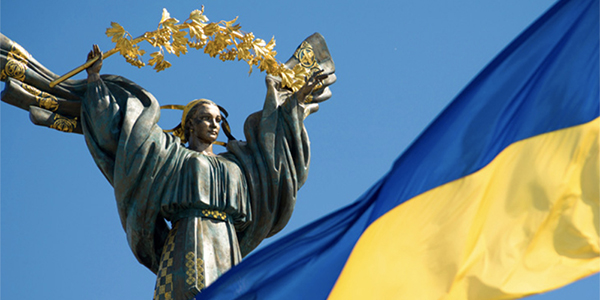
SHASS ALUMNI STORIES
Calling all SHASS fields: Have you taught or mentored a student with a compelling post-graduation story? Media Relations Manager Stephen Oakes (oakes@mit.edu) would like to hear from you!
EXPLORE
Follow us
Subscribe to Said and Done
10 issues a year
Media + Awards Digest
Current coverage
Making a Better World
Browse our research sectors
21st Century Democracy
Browse
Diversity, Equity, and Inclusion
Browse
Meet the MIT Bilinguals
MIT students who earn degrees in both humanistic and sci/tech fields
Browse the Gallery
Making a Just Society
Explore the Resources
Solving Climate: Humanistic Perspectives
Browse
Perspectives for the Pandemic
Explore
Ethics, Computing, and AI: Perspectives from MIT
Series
Computing and AI: Humanistic Perspectives from MIT
Series
MIT Climate website
A major source of research, innovation, and discussion
Join us!
SHASS on MIT News
Research and Features
MIT Campaign for a Better World
Story | Join Us
Published by SHASS Communications
Office of the Dean, MIT School of Humanities, Arts, and Social Sciences
Editor and Designer: Emily Hiestand
Publication Associate: Alison Lanier
July/August 2022





